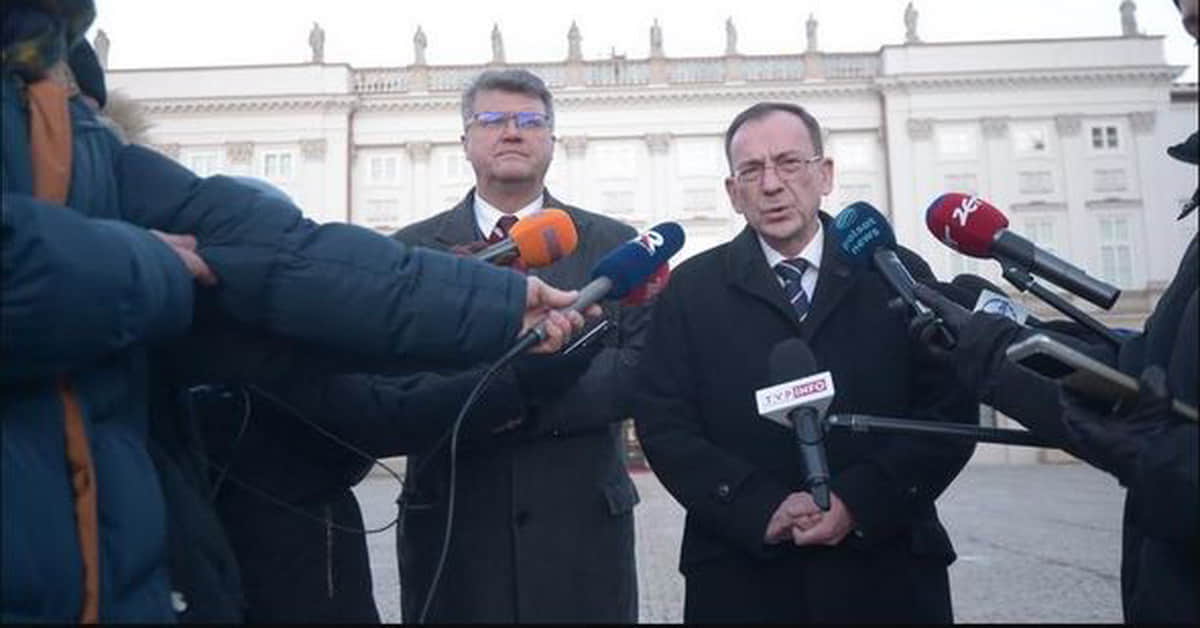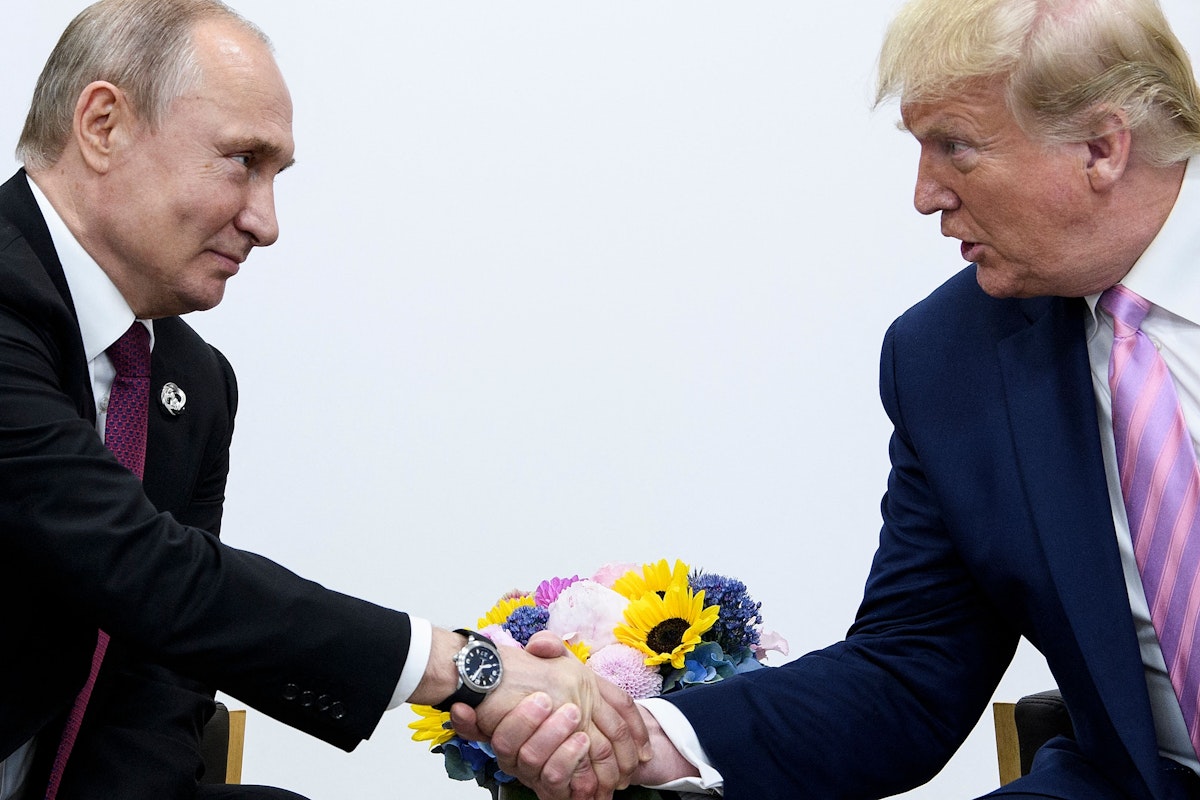Transparency group calls for Siddiq to step back from anti-corruption brief
Embattled City minister Tulip Siddiq should relinquish the economic crime and corruption element of her remit in light of ongoing investigations, the UK’s leading anti-corruption body has said. The UK Anti-Corruption Coalition (UKACC), a group of leading British transparency organisations, said in a statement that Siddiq “has a serious conflict of interests”, irrespective of the [...]


Embattled City minister Tulip Siddiq should relinquish the economic crime and corruption element of her remit in light of ongoing investigations, the UK’s leading anti-corruption body has said.
The UK Anti-Corruption Coalition (UKACC), a group of leading British transparency organisations, said in a statement that Siddiq “has a serious conflict of interests”, irrespective of the outcome of the various probes into her relationship with Bangladesh’s former ruling party.
“In light of an investigation launched last week by the Prime Minister’s independent advisor on ministerial interests, and developments in separate investigations in Bangladesh, the coalition concludes that she currently has a serious conflict of interests,” the body, which counts as members Spotlight on Corruption, Transparency International and Oxfam, said on Monday.
“The Treasury minister is in charge of the UK’s framework on money laundering regulations and economic crime enforcement, while she also has direct family ties to a deposed regime that may be investigated under that framework.”
The call piles further pressure on Siddiq, who is fighting for her political future amid ongoing accusations regarding her use of London properties linked to the controversial Awami League party, and claims she played a role in a deal which allegedly saw £1bn embezzled into private accounts.
The revelations prompted Siddiq to refer herself to the Prime Minister’s ethics watchdog Sir Laurie Magnus last week, claiming in her letter to Magnus that she had done “nothing wrong”.
Since then a series of newspaper reports, which included a stinging intervention from the new leader of Bangladesh reported by The Sunday Times, have plunged Siddiq’s position into further uncertainty, and prompted leader of the opposition Kemi Badenoch and shadow Chancellor Mel Stride to call for her resignation.
The UKACC stopped short of calling for her resignation, but argued it would be inappropriate for Siddiq to oversee several key corruption-related decisions on the horizon – including preparing the UK for the upcoming review by the Financial Action Task Force and taking forward the government’s Anti-Corruption Strategy.
“It is not clear that the minister is now in a position to take these decisions given the conflict of interests that has arisen,” the UKACC said.
The statement’s sentiment was echoed by several of the UKACC’s individual members, with Susan Hawley, executive director of Spotlight on Corruption, declaring the anti-corruption element of Siddiq’s purview “no-longer tenable”.
Meanwhile Duncan Hames, director of policy at Transparency International UK, called on the government to introduce tighter sanctions on those associated with Bangladesh’s former regime, led by Siddiq’s aunt.
“The British government should work closely with international allies and partners in Bangladesh to introduce a sanctions regime which freezes suspicious assets, ensuring any corrupt officials or their associates are unable to enjoy their ill-gotten gains,” he said.
Siddiq retains the support of Starmer while Magnus’s investigation remains ongoing, and a spokesman for Siddiq said she had no plans to resign.



